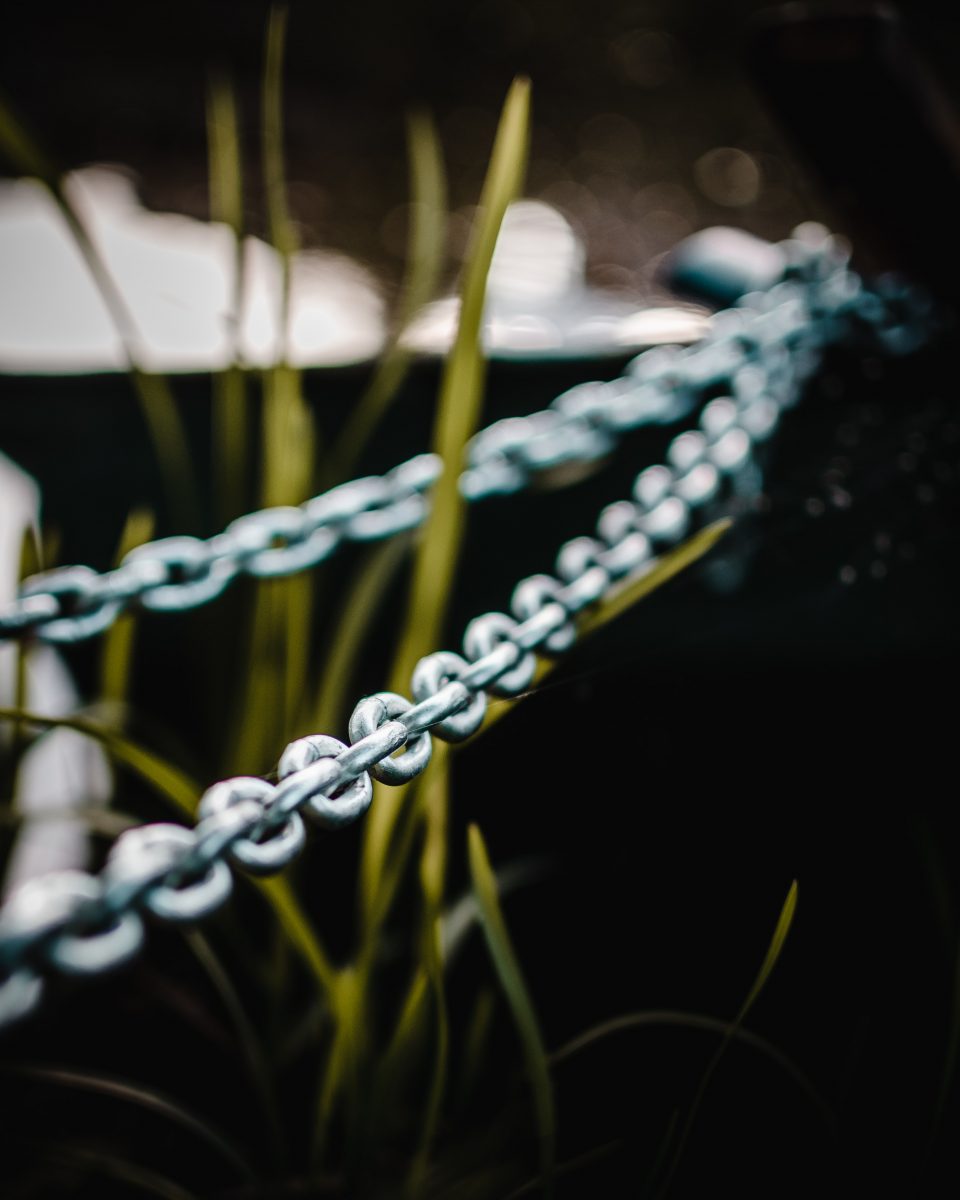COVID-19 has left a lasting impact. For farmers in Zimbabwe and across Africa, the business of food production and distribution never has seemed more difficult.
The experience of the pandemic may be complicated, but it also has delivered a simple lesson: We must be resilient.
Resilience is the ability to withstand hardship and recover quickly. The word comes from a Latin root that means rebounding or springing back.
That’s a helpful metaphor, but we also must remember that resilience shouldn’t be just an abstract concept for farmers—it should describe a way of life that involves concrete steps for agriculture’s survival and improvement.
Here in Zimbabwe, COVID-19 forced everything to close, including our borders. Goods and services couldn’t flow in and out of the country. For farmers who grow fresh vegetables and flowers and rely on export markets, this was devastating. They lost an enormous amount of revenue—more than farmers in the developed world would have lost because much of what they grew may have been insured.
More access to insurance would allow us to bounce back quicker from tough times. We need crop-protection insurance that would assist us from losses due to droughts. Income insurance would help us keep afloat during pandemics. Equipment insurance would defend our tractors and combines against everything from theft to fire.
 One way for farmers to become more resilient, then, is for us to have better access to insurance. This is a challenge for both public officials and bankers, who should strive to find ways for insurance tools to improve agriculture in the developing world.
One way for farmers to become more resilient, then, is for us to have better access to insurance. This is a challenge for both public officials and bankers, who should strive to find ways for insurance tools to improve agriculture in the developing world.
An irony of insurance is that you buy it and then hope you don’t need it.
It’s also possible to need something you can’t buy.
Farmers must enjoy access to all of the major tools and technologies of agriculture, such as improved seeds and crop-protection products. These give us the resilience to defeat the weeds, pests, and diseases that threaten our crops during normal years and the challenges of a changing climate. Their threats are even more dangerous during stressful years, such as 2020, when we have fewer resources to spread around.
A robust understanding of resilience means the ability to take advantage of the best technologies—and overcoming the irrational fears that sometimes surround them.
 Resilience also demands a strong infrastructure. This includes proper roads that allow us to move food with speed and ease. It means access to standard methods of preservation and transportation, such as cold storage, which allows food to stay fresh for longer periods of time.
Resilience also demands a strong infrastructure. This includes proper roads that allow us to move food with speed and ease. It means access to standard methods of preservation and transportation, such as cold storage, which allows food to stay fresh for longer periods of time.
Zimbabwe loses as much as 30 percent of its produce each year simply because we can’t keep it cold. Very few farmers here have access to cold-storage facilities. I have none at all. Because of this, my peas and other products have a much shorter shelf life. I have a goal of building a cold-storage unit for me and other farmers in my area, but right now this is an aspiration rather than an actual plan.

Another aspect of infrastructure is connectivity. In my part of the world, we don’t have reliable internet service. Many farmers have none at all. I’ve invested in it for myself, and this has allowed me to take part in conversations and conferences at a time when international travel is almost impossible. Thanks to proper connectivity, for example, I participated in the recent annual event sponsored by the Committee on World Food Security. It was held in Rome, but I joined from my farm near Marondera, in rural Zimbabwe.
A more vital form of connectivity involves the connections of supply chains and trading networks. Farmers like me need to sell our products in local markets as well as to customers in other countries—and that means we have to work with partners who are committed to delivering our food from farm to fork.
During the pandemic, farmers in Zimbabwe benefitted from the resilience of a Dutch airline that maintained its flights from Zimbabwe’s capital of Harare. For me, this was a lifeline because it allowed me to stay connected to a major export market in the Netherlands.
We sometimes worry about the weakest link in a chain. Resilience works in the reverse direction: a single strong link makes the other links in the chain stronger, too.
Click here to make a donation to the Global Farmer Network.


